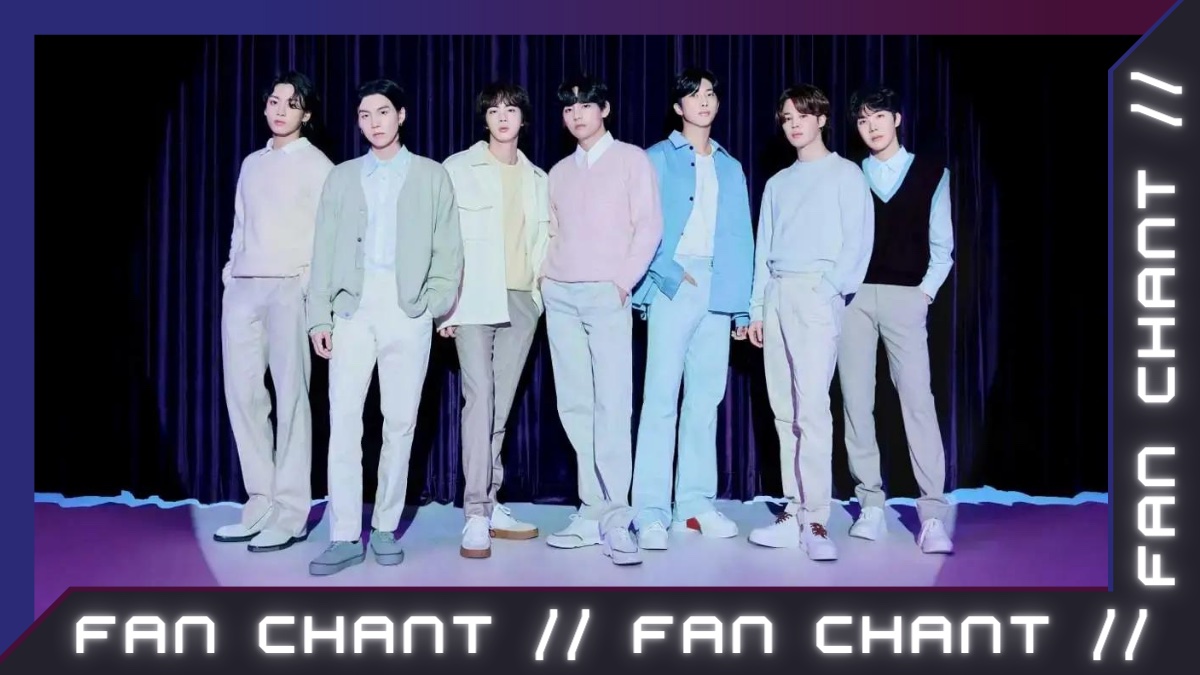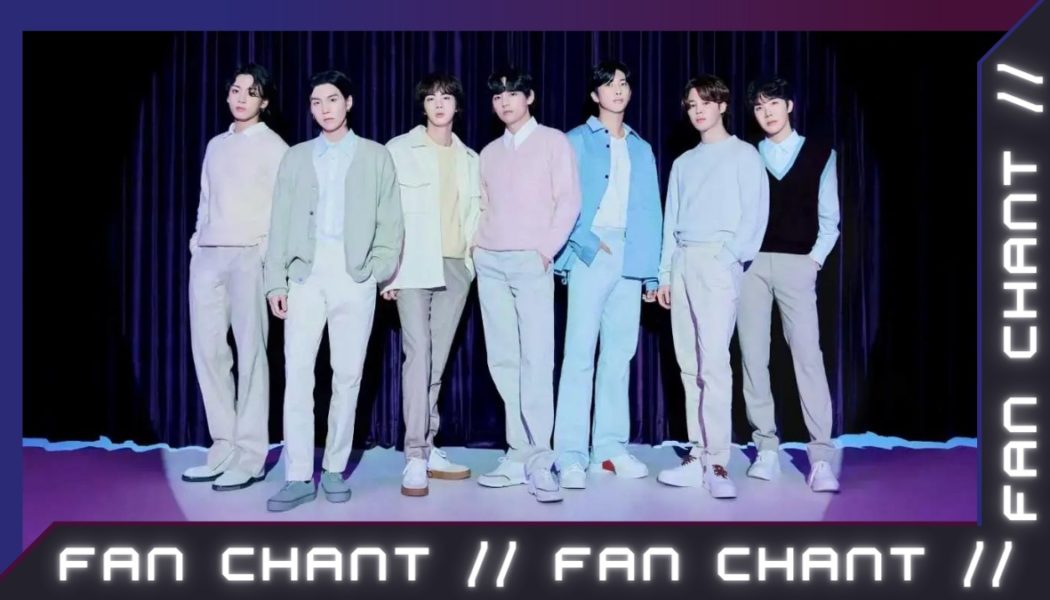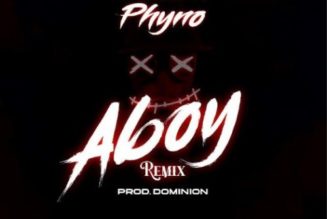
Welcome back to Fan Chant, a weekly column for K-pop fans, stans, and newbies alike. This week, a language expert weighs in on how music can help our brains learn faster. And P.S. — if you love reading Fan Chant, you can subscribe to my companion newsletter to get it delivered right to your inbox each week!
It’s a long-running joke within the BTS fandom, and one that’s had waves of resurgence in the TikTok age: We all become fluent in Korean when “Just One Day” comes on. The song dropped way back in 2014 (a decade ago!) on the band’s second EP, Skool Luv Affair, but has stayed in heavy rotation throughout the last ten years.
As members of ARMY can attest, there’s just something about that chorus that flows so smoothly — even those of us totally unfamiliar with the language manage to pick it up quickly and easily. Personally, I know some basics; I can introduce myself and count to three, but I don’t know how to read Hangul and have yet to tackle the tricky grammar and sentence structure. I do think I would be pretty unstoppable as an interviewer if I could speak Korean, so maybe this is the universe keeping me in balance. But regardless — turn on “Just One Day,” and I’m locked in.
Related Video
According to a study commissioned by the folks at LTL Language School, this phenomenon makes sense. “The intersection of entertainment and education underscores how music acts as a gateway to language acquisition,” they explain, naming the song as an example of “easing your way into learning Korean.”
In the case of “Just One Day” in particular, which they note as “one of the most accessible songs to follow if you’re trying to learn Korean,” the clear pronunciation from the members, the soothing nature of the song, and BTS’s emotional delivery combine to make it that much easier to understand. Even listeners who could never begin to translate word for word understand the message and themes being communicated — but those who do have a basis to start to mentally translate will be in a great place.
According to these researchers, BTS’s music is a great place to start for other reasons, too. Longtime members of the fandom know this already, but the wealth of resources available for people curious about delving deeper into lyric translations is so vast and rich. The study goes on to shout out some other K-pop favorites, like IU’s “Lilac,” which is also so dreamy and wonderful, but I’d love to hear about more songs you’ve found have that magic effect on your brain. In the meantime, I’m gonna give this classic a spin.









